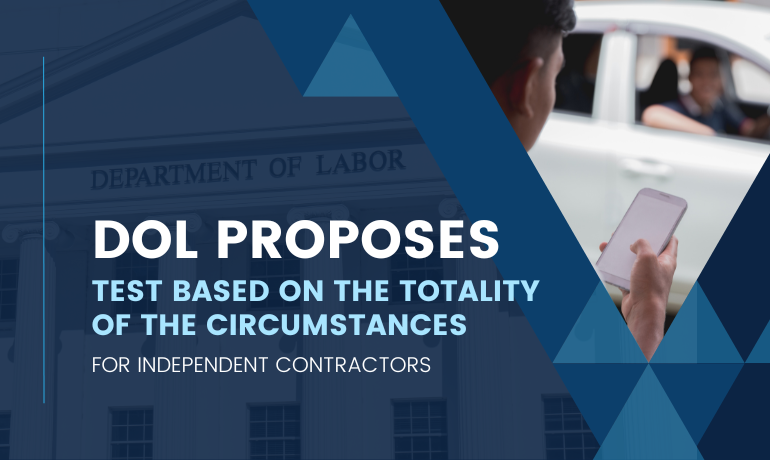A growing number of job hunters are finding that their financial past may harm their professional future. Concerned about rising rates of employee theft and fiduciary issues, more employers are checking applicants’ credit. Companies say the financial information can offer insight into a candidate’s level of responsibility. But people whose previously solid credit has been damaged by the economic downturn say they’re victims of circumstances beyond their control.
Some 47% of employers say they check the credit history of applicants for certain positions, according to a late 2009 survey of more than 430 organizations conducted by the Society for Human Resource Management. That’s up from 42% of employers in 2006. Just 25% of employers in 1998 said they regularly or sometimes checked applicants’ credit histories.
Lawsuits or multiple accounts in debt collection were most likely to quash a job offer, according to the survey. The vast majority of employers who conduct credit background checks do so for jobs with fiduciary or financial responsibility, such as accounting, budgeting and those involving cash or sensitive credit-card information.
Employers receive a credit report — not a credit score — from credit-reporting companies. A report includes debt, bill-paying history, the number and types of accounts, how long you’ve had them, and any lawsuits or bankruptcy filings. Information can go back seven years — or 10 for bankruptcies. Certain factors that could hurt your credit score, such as a recently reduced credit-card limit, shouldn’t hurt job prospects.
You might be tempted not to sign the waiver allowing an employer to check your credit, but refusing is likely a deal breaker, career counselors say. Most employers don’t ask about credit and background checks until they have a group of finalists, or if an offer is contingent on such a check.
Critics say credit checks prevent those who most need jobs from getting them. And some lawmakers are pushing for change — one Congressman has proposed a bill to prohibit the use of credit checks during the hiring or firing process. Some states have passed laws restricting employers’ use of credit checks.
Knowing your credit report and offering an explanation for debt caused by a specific event could help your employment chances. Consumers can request one free credit report each year from each of the main credit-reporting companies — Equifax, Experian and TransUnion — through AnnualCreditReport.com. You also are entitled to a free report in certain situations, including if you are unemployed and plan to look for a job within 60 days or if a company says it didn’t hire you because of your credit history.
If you find mistakes, alert the credit-reporting companies and creditors in writing. The process takes time, so review your credit history at least a month or two before you expect employers or lenders to request it.
The Wall Street Journal – Kristen McNamara




